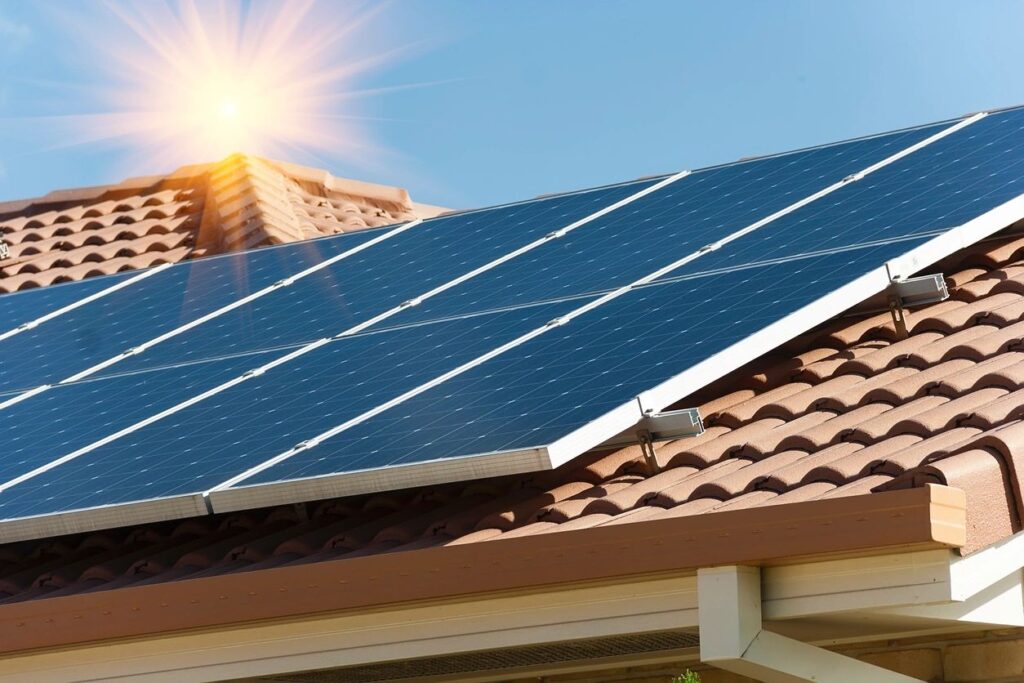
ATLANTA – In late September, Georgia Power executives explained during several days of hearings before the state Public Service Commission (PSC) why the Atlanta-based utility needs a nearly 12% rate increase over the next three years.
Starting Tuesday – coincidentally, Election Day – environmental and consumer advocates as well as other “intervenors” representing business groups and local governments will get a chance to present their side of the rate case.
What has the intervenors especially worried is what is not officially at stake in the current hearings. Besides the requested hike in base rates, Georgia Power is expected to ask the PSC for three other increases over roughly the next year to recover higher fuel costs and the expense of bringing into service two additional nuclear reactors at Plant Vogtle.
“I’ve never seen anything like this,” said Liz Coyle, executive director of the Atlanta-based consumer advocacy group Georgia Watch. “It’s like a tsunami if the commission goes along with this.”
If the PSC votes next month to approve the full increase in base rates Georgia Power is seeking, the average residential customer’s bill would go up by $16.29 a month starting Jan. 1.
While Georgia Power hasn’t indicated how much the other three increases would affect customers, intervenors doing the math have estimated the total impact including the hike in base rates would come to $30 a month on the low end and potentially up to $50 or more.
“That’s a lot for people with the price of groceries and gasoline going up,” said Jill Kysor, a lawyer representing the Atlanta-based Southern Environmental Law Center (SELC). “That’s definitely going to hit hard.”
Chris Womack, Georgia Power’s chairman, president, and CEO testified during the September hearings that the company needs the proposed increase in base rates to strengthen its electric grid, add more renewable energy to its power-generation portfolio and improve customer service.
Kysor said the SELC is asking the commission to take steps to reduce the amount of the rate hike where they can, including lowering the return on equity (ROE) Georgia Power is allowed.
The company is seeking an ROE of 11%, up from the current 10.5%.
“Does Georgia Power need a profit rate higher than any of their peers?” Kysor asked. “The commission could approve a much lower ROE. That could save hundreds of millions of dollars a year.”
Kysor said Georgia Power also could be required to develop a more aggressive rooftop solar program. The company currently limits the program to 5,000 customers, and the PSC has declined to increase that cap.
One way to encourage more rooftop solar would be for Georgia Power to offer net metering, which allows homeowners to sell unused energy produced by their rooftop solar panels back to the company to help offset their monthly bills.
“[Georgia Power] has made a lot of strides on renewables, but there’s a long way to go,” Kysor said.
Georgia Power spokesman Jacob Hawkins said net metering shifts costs from homeowners participating in the program to all other customers.
“As more customers invest in renewable resources like rooftop solar at their homes and businesses, Georgia Power is committed to working with the Georgia Public Service Commission to implement policies that support the growth of behind-the-meter generation while also protecting non-participating customers from increased costs,” he said.
On the ROE issue, Hawkins said Georgia Power needs a healthy return to ensure favorable financing terms for capital investments needed to serve its 2.7 million customers and the state’s growing economy.
“As we continue to make critical investments necessary to providing clean, safe, reliable, and affordable energy, the company’s financial integrity must be maintained to ensure that our ability to raise capital at reasonable cost and upon reasonable terms for the benefit of our customers remains intact,” he said.
Coyle said Georgia Power can’t expect to get everything it wants from the PSC.
In the utility’s last rate case three years ago, the commission ended up approving a flat service fee for residential customers of $14 a month. Georgia Power had proposed a monthly fee of $17.95.
“The company always asks for more than the commission authorizes, and the commission always gives them less than they ask for,” Coyle said. “The question is how much less?”
This story is available through a news partnership with Capitol Beat News Service, a project of the Georgia Press Educational Foundation